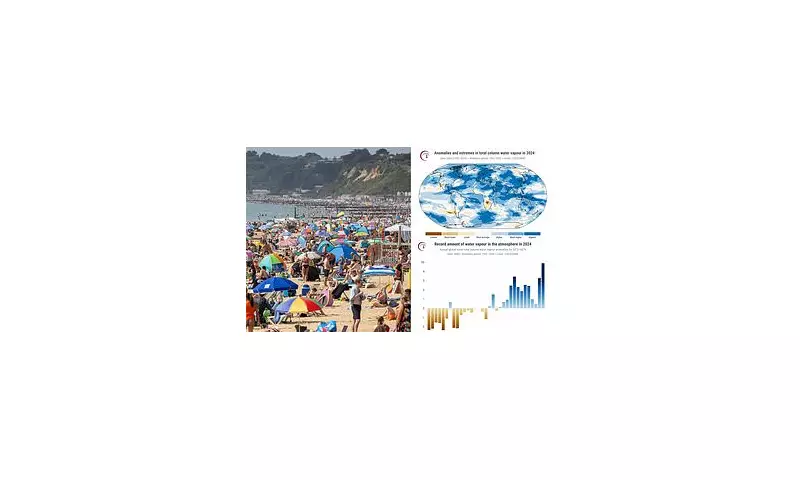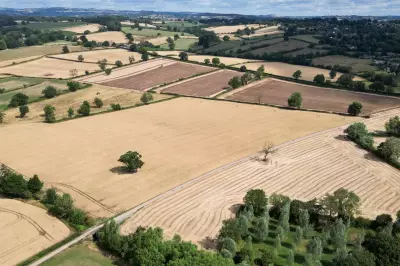
Scientists are sounding the alarm as 2024 is projected to smash global humidity records, with potentially severe consequences for public health and ecosystems. New research indicates that rising temperatures combined with increased atmospheric moisture could create dangerously muggy conditions across multiple regions.
The Science Behind the Forecast
Climate experts analysing weather patterns have identified several worrying trends:
- Global average humidity levels are rising at an accelerated rate
- Night-time temperatures are failing to drop sufficiently in many areas
- Traditional cooling mechanisms are becoming less effective
Health Implications
The combination of heat and humidity creates what meteorologists call 'wet bulb' conditions, where the human body struggles to cool itself through perspiration. This phenomenon poses particular risks to:
- The elderly and vulnerable populations
- Outdoor workers and athletes
- Those without access to air conditioning
Regional Impacts
While tropical regions will experience the most extreme conditions, scientists warn that traditionally temperate zones including parts of the UK may face unprecedented humidity levels. Urban areas with dense populations and concrete landscapes are expected to be particularly affected by this 'heat island' effect.
Professor Emma Richardson of the Met Office commented: 'What we're seeing goes beyond normal seasonal variation. These patterns suggest fundamental changes in our climate system that demand urgent attention.'
Long-term Climate Concerns
The humidity projections add to growing evidence of accelerating climate change. Researchers emphasise that while individual weather events cannot be directly attributed to global warming, the consistent pattern of record-breaking conditions aligns with climate model predictions.
As governments prepare for COP29 later this year, these findings are likely to intensify debates about mitigation strategies and adaptation measures for vulnerable communities worldwide.





